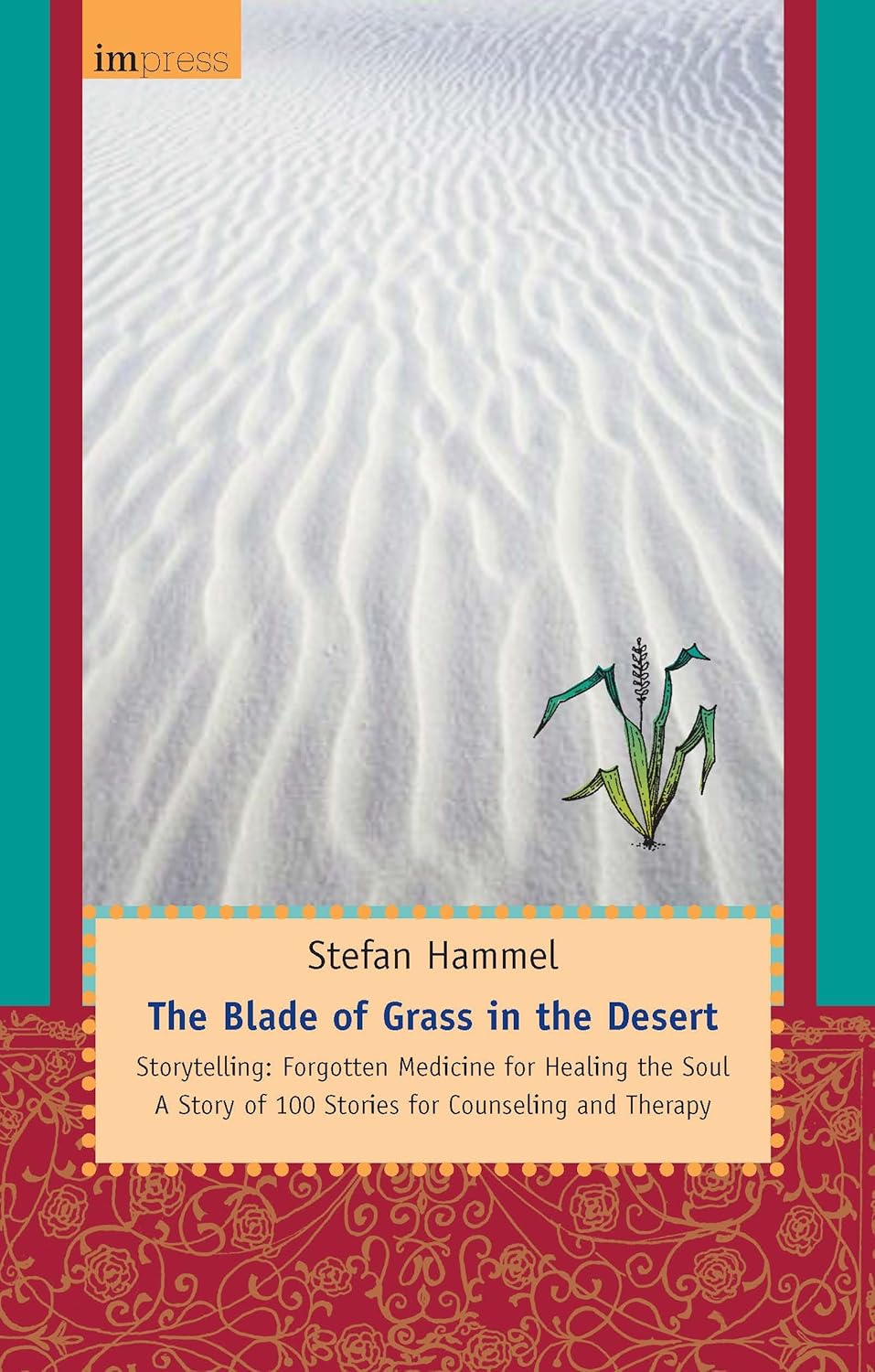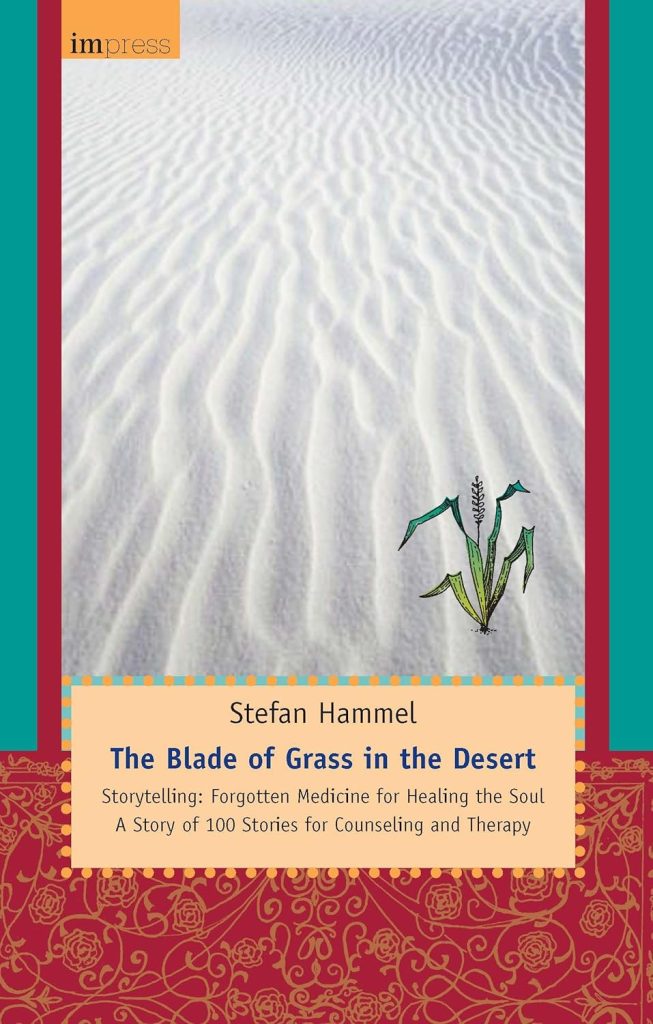В Китай живял човек, който уловил вятъра в буркан за консервиране. На всички посетители той казвал: „Имам го. Той е там.“ Мнозина идвали и отново си тръгвали, клатейки глави. Не бяха усетили никакъв свеж вятър. Някои го питаха: „Какво ще правиш с празния буркан?“
А той обясни с гордост: „Когато имам нужда от вятър, просто отварям буркана и веднага през стаята преминава прохладен вятър. Например, когато през лятото приемам гости в таванския си апартамент: „Уф, тук е горещо“, въздишат те, а аз казвам: „Само миг, това веднага ще се реши“. Едно движение на китката – и в стаята се разнася свеж вятър. Или пък ако нещо гори, докато готвя, с един буркан вятър всички миризми бързо се разнасят“. Няколко души казаха: „Тогава отворете буркана!“
Но той отговори: „За Бога! Тогава целият вятър ще изчезне. И какво да правя тогава с буркана?“ Човекът държал прозорците затворени, за да не може някой заблуден полъх на вятъра да преобърне буркана и да го повали на земята. След смъртта му отворили буркана.
В него нямало нищо друго освен застоял въздух. Отворили прозорците. За първи път в стаята нахлул свеж въздух.
Тази история на английски език (This story in English):
От: Стефан Хамел: Стръкче трева в пустинята, впечатляващо 2012 г. (From: Stefan Hammel: The Blade of Grass in the Desert, impress 2012)
Книгата е достъпна в моя онлайн магазин. The book is available in my Onlineshop.
На 27 и 28 октомври 2025 г. в София ще проведа семинар за терапевтично разказване на истории.
Повече информация можете да получите от Българската асоциация по хипноза и хипнотерапия (БАХХ).
С най-добри пожелания
Стефан



